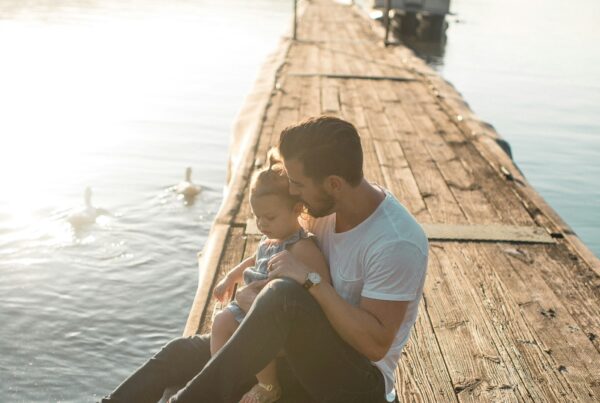It’s just about impossible not to love Sukkot. The seven-day Jewish “festival of booths” which comes on the heels of Yom Kippur, celebrates the harvest and the miraculous protection G-d provided for our people when we left Egypt. We celebrate by building, decorating, and dwelling in shelters called sukkahs, fragile little huts whose roofs are made of natural vegetation and deliberately open to the sky. Here in Atlanta, the weather is incredible and we’re still harvesting the last tomatoes, peppers, and herbs that will be on our Sukkot menu. Ana, Sasha, and I enjoy having friends and family over for meals in our sukkah and we love to go sukkah hopping — filling our dance card all week at the homes of friends. Sukkot is glorious, but the fragility of the sukkah also illuminates the ups and downs of life. And nobody knows that better than Atlanta’s homeless population. For them, late September means it will soon be shelter season, as most Atlanta shelters open to the homeless October through April.
Shelter is elemental. Hurricane Florence showed last week how vulnerable our homes are to extreme weather. That’s why I’m especially proud of our Jewish community’s work to rise up around homelessness in Atlanta and the way we responded again to people displaced by the hurricane. My congregation, Shearith Israel, has run a women’s shelter, now called Rebecca’s Tent, for the past 32 years. It began in 1983 during a frigid winter in Atlanta when Shearith Israel’s rabbi realized that homeless women needed help. He approached Helen Spiegel, a member of the congregation whose family had fled to the United States in the wake of the Holocaust. Helen’s intimate experience with displacement helped establish a safe home with beds for seven “guests.” Today, Rebecca’s Tent supports thirteen women and provides ongoing supportive services and job training for them to build independent lives. Last season the shelter helped 60% of their guests transition to employment and more stable housing.
It takes more than 400 volunteers a year to keep Rebecca’s Tent running. Volunteers serve meals, prepare sack lunches, clean the kitchen and prepare the evening meal for residents. My daughter Sasha and I have done it together and it’s always a meaningful experience. Volunteer by calling Tasho Wesley, 404-873-3147, and Rebecca’s Tent will find a way for you to get involved.
The Temple’s Zaban Paradies Center (ZPC) on Peachtree Street also fills an important niche by helping Atlanta’s homeless couples find shelter. Founded in 1984 as the Temple Zaban Night Shelter, it was the first and only shelter that did not separate homeless couples, whether married or not. Today the ZPC assists couples who want to transition from homelessness to resettlement, providing case management services, laundry, financial management training, a well-stocked clothing closet, and more. Here too, there are many ways to help — volunteers can teach computer skills, they cook and/or serve evening meals, mentor residents on financial literacy, and help find employment opportunities. These are beautiful opportunities to perform a mitzvah. Sign up to volunteer here.
While Atlanta’s overall homeless population has dropped, high poverty and income inequality make our city one of the neediest in America, especially for veterans and families. Gentrification and rising Intown rents are driving people into extended stay motels and the shelter system. Life is fragile!
The rabbis tell us that a sukkah must be stable enough to live in for a week, but sufficiently unstable so that it will not be mistaken for a permanent home. Permanence, according to the Talmud, is conveyed by the ability to live a full and dignified life year-round, not just for a week. This season as we celebrate G-d’s bounty and share our good fortune under the sukkah, let us never forget the cry of Isaiah to “take the poor into your homes.” Dignity. Permanence. Independence. Let these values inform the prayers we say during Sukkot and all year long.





